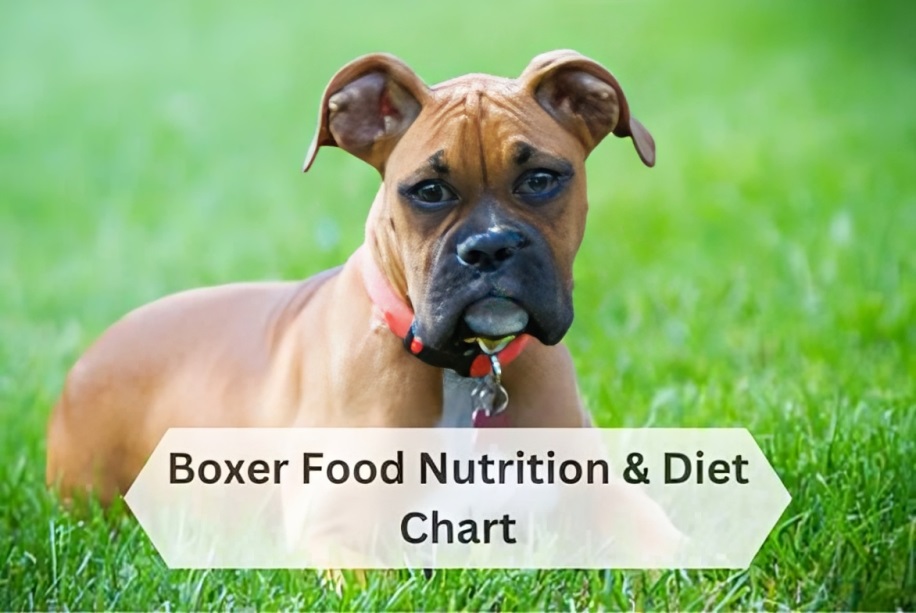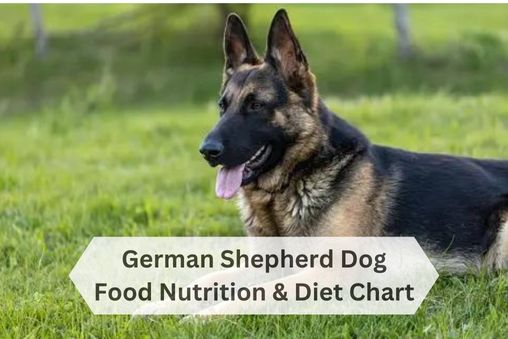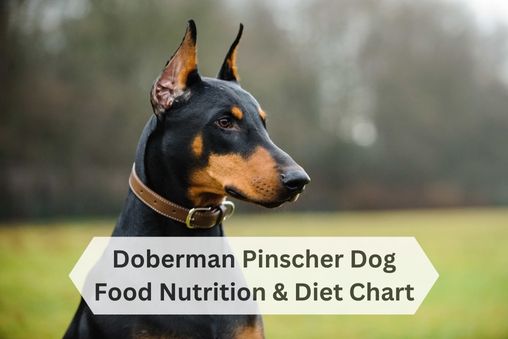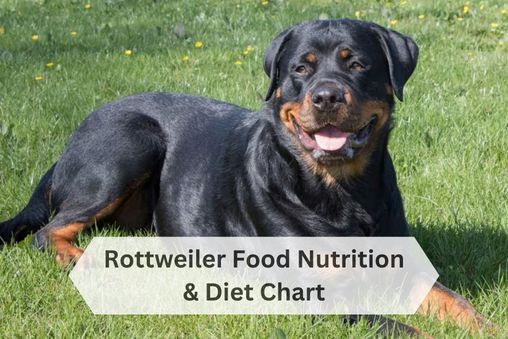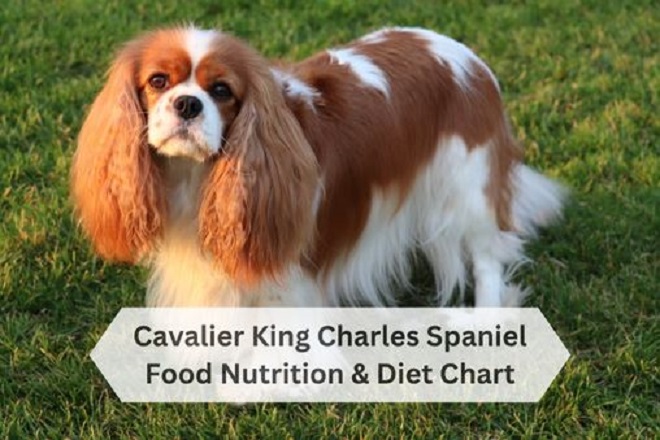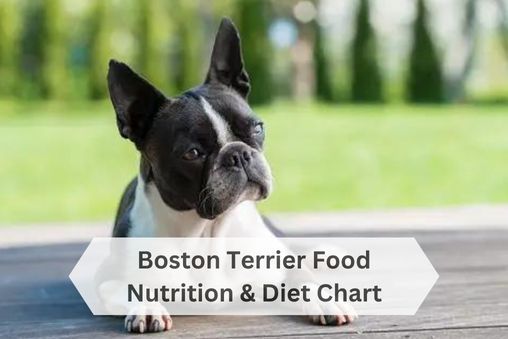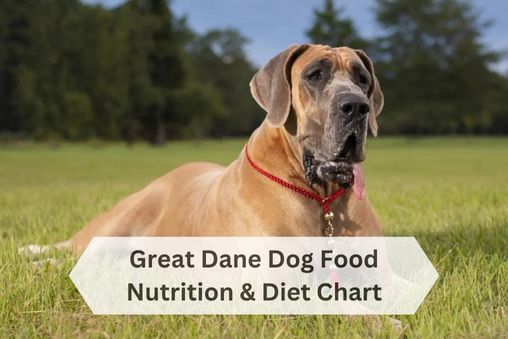Boxer Detailed Dog Food Nutrition & Diet ChartCreating a personalized diet plan for your Boxer is crucial for maintaining their health and happiness. Boxers, known for their energetic nature and athletic build, require specific nutritional considerations to thrive. In this guide, we’ll discuss how to develop tailored diet charts specifically designed for Boxers, ensuring they receive the nutrients they need to lead active and fulfilling lives.
Importance of Proper Nutrition for Boxers
Proper nutrition is essential for maintaining the health and well-being of Boxer dogs. Boxers are active and energetic dogs that require a balanced diet to support their high energy levels and muscular build. A well-rounded diet can help prevent health issues, improve their immune system, and promote overall longevity.
Nutritional Needs of Boxers
Boxers require a diet rich in high-quality protein to support their muscle development and active lifestyle. They also need a good balance of carbohydrates for energy, healthy fats for coat and skin health, as well as vitamins and minerals to support their overall health. It is important to feed Boxers a diet that is specifically formulated for their breed size and activity level to ensure they are getting the right nutrients in the right proportions.
Common Health Issues in Boxers Related to Diet
Some common health issues in Boxers related to diet include allergies, obesity, and gastrointestinal problems. Boxers can be sensitive to certain ingredients in their food, leading to allergic reactions such as itching, skin rashes, and digestive issues. Feeding Boxers too much or the wrong type of food can also lead to obesity, which can put strain on their joints and lead to other health problems. Additionally, Boxers are prone to gastrointestinal issues such as bloat and digestive problems, so it is important to feed them a diet that is easy to digest and gentle on their stomach. By paying attention to their diet and ensuring they are getting the right nutrients, Boxer owners can help prevent these common health issues and keep their furry friends healthy and happy.
Key Components of a Boxer’s Diet
Boxers are active and energetic dogs that require a well-balanced diet to support their active lifestyle. The key components of a Boxer’s diet include protein, carbohydrates, fiber, essential vitamins, and minerals.
Protein Requirements
Protein is essential for muscle growth and repair in Boxers, who are known for their muscular build. A high-quality protein source, such as chicken, beef, or fish, should make up a significant portion of a Boxer’s diet. Boxers require around 22-25% protein in their daily diet to support their muscle development and overall health.
Carbohydrates and Fiber Intake
Carbohydrates provide Boxers with energy to fuel their active lifestyle. Complex carbohydrates, such as whole grains and vegetables, are ideal for providing sustained energy throughout the day. Additionally, fiber is important for digestive health and maintaining a healthy weight. Boxers should have a balanced intake of carbohydrates and fiber in their diet to support their energy levels and overall well-being.
Essential Vitamins and Minerals
Boxers require a variety of vitamins and minerals to support their immune system, bone health, and overall vitality. Essential vitamins for Boxers include vitamin A, vitamin D, and vitamin E, while important minerals include calcium, phosphorus, and iron. A well-rounded diet that includes a variety of fruits, vegetables, and supplements can help ensure that Boxers receive all the essential vitamins and minerals they need for optimal health.
Creating a Detailed Dog Food Nutrition Chart for Boxers
When it comes to feeding your boxer, it’s important to create a detailed dog food nutrition chart to ensure they are getting all the essential nutrients they need to stay healthy and active. This chart will help you keep track of their caloric requirements, understand ingredient labels, and create a sample meal plan that meets their dietary needs.
Calculating Caloric Requirements
Boxers are a high-energy breed that require a diet rich in protein and fat to fuel their active lifestyle. To calculate your boxer’s caloric requirements, you can use a simple formula based on their weight, age, and activity level. It’s recommended to consult with your veterinarian to determine the exact caloric needs of your specific dog.
Understanding Ingredient Labels
When creating a detailed dog food nutrition chart for your boxer, it’s important to pay attention to ingredient labels. Look for high-quality protein sources like chicken, beef, or fish as the first ingredient. Avoid fillers and by-products that offer little nutritional value. Additionally, make sure the food contains essential vitamins and minerals to support your boxer’s overall health.
Boxer Detailed Dog Food Nutrition & Diet Chart
| Meal Time | Food | Portion | Nutrition (per serving) | Calories (per serving) |
|---|---|---|---|---|
| Morning | ||||
| Breakfast | High-protein dry kibble (specifically formulated for active dogs) | 1 cup | Protein: 30g, Fat: 15g, Carbs: 40g | 400 |
| Cooked lean beef or chicken (boneless) | 1/2 cup | Protein: 25g, Fat: 10g | 200 | |
| Sliced sweet potato or brown rice | 1/4 cup | Carbs: 20g, Fiber: 3g | 100 | |
| Afternoon | ||||
| Midday Snack | Greek yogurt | 1/2 cup | Protein: 10g, Calcium: 200mg | 150 |
| Blueberries or sliced banana | Small handful | Fiber: 3g, Vitamin C: 10mg | 50 | |
| Evening | ||||
| Dinner | Lean fish (such as salmon or cod) | 6 oz | Protein: 30g, Fat: 15g | 300 |
| Steamed broccoli or green beans | As desired | Fiber: 3g, Vitamins: A, C | 50 | |
| Quinoa or whole grain pasta | 1/2 cup | Carbs: 30g, Protein: 7g | 150 | |
| Bedtime | ||||
| Late Snack | Apple or pear (seedless) | Small cubes | Fiber: 2g, Vitamin C: 5mg | 30 |
| Natural almond butter (unsalted) | 1 tablespoon | Protein: 3g, Healthy fats: 5g | 50 |
Additional Tips:
- Customize your Boxer’s diet chart based on their unique profile, including age, weight, activity level, and any existing health conditions.
- Regularly assess your Boxer’s dietary needs and adjust their meal plan as necessary to maintain a healthy weight and energy level.
- Consult with a veterinarian or canine nutritionist to develop a personalized diet chart that best suits your Boxer’s individual requirements.
- Ensure your pet has access to fresh, clean water at all times.
By tailoring your Boxer’s diet plan to meet their specific needs, you can help them stay healthy, energetic, and happy throughout their life.
The detailed Boxer dog food nutrition and diet chart provides valuable insight into the specific dietary needs of this breed. By following this chart, Boxer owners can ensure that their furry friends are receiving the proper balance of nutrients to support their overall health and well-being. It is important to remember that every dog is unique, so consulting with a veterinarian is always recommended when making changes to a pet’s diet. With the right nutrition plan in place, Boxers can live long, happy, and healthy lives.

